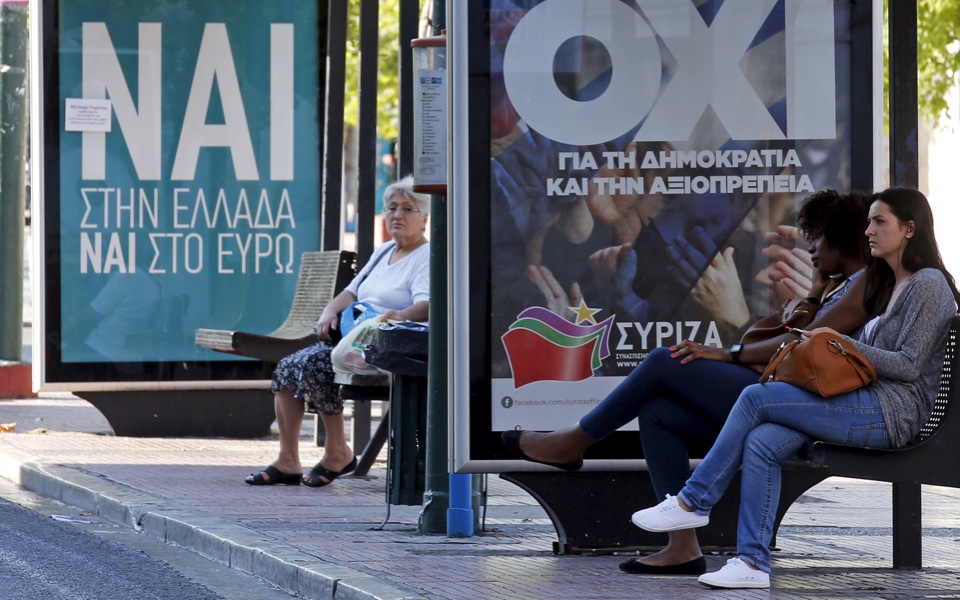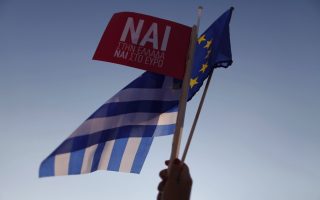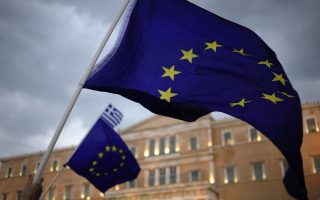A view from the fence

I have been voting and supporting SYRIZA throughout my entire adult life. At the same time I am a staunch believer of the European project. So, it comes as no surprise that during the previous five months, and particularly during the past week, I have found myself between a rock and a hard place.
Although I do not subscribe to the idea that there is a certain "method in the madness" and that Tsipras has orchestrated the sleepwalking of Greece out of Eurozone and possibly out of the EU, I am seriously worried about the consequences of a "No" vote. To make things worse, the "Yes" vote does not secure a bright future either. First, because the creditors have (semi-) withdrawn their proposal. Second, because that proposal continues those policies that have led to economic malaise and personal and social strain.
So, between the uncharted waters of a bankruptcy that might even lead to a parallel currency and an agreement that continues the failed austerity policies of the last five years, one has to ask what could have been done differently?
Clearly, the amendment of the policies of ordo-liberalism that currently prevail in Europe necessitate the building of broader coalitions and consensus within the EU. Unfortunately, the SYRIZA-led government failed miserably in this respect. Especially, the way that they have tried to reach an agreement after the referendum was called poses a serious question about the scope of that dramatic move and more broadly about their negotiating strategy (assuming they had any). At the other end of the spectrum, the EU as a constitutional order of States is founded on the democratic principle among else. This does not mean that the creditors should have accepted all the demands of the newly elected Greek government not least because the majority of their own electorates do not support such demands. But they should have refrained from those political choices that question whether they really want to reach an agreement with Alexis Tsipras’s administration.
"There are no deadlocks in democracy." The phrase is used ad nauseam in the Greek political jargon. This idea holds true to the extent that every democratic political system provides for mechanisms for the lifting of political gridlocks. Such mechanisms include elections and referendums. So, the current referendum could have been seen as a way to lift the current political impasse produced by the negotiations. However, it is on a proposal that is not on the table at the moment. In that sense, the result of the referendum will be seen as ambivalent at best and farcical at worst. It will be translated by all actors in the way that suits their political interests.
A possible "No" win will be understood by the government as a vote of confidence to continue with their negotiating strategy to reach a better agreement. But some of the creditors have already signalled that they will see such vote as questioning Greece’s position in the eurozone. On the other hand, a "Yes" vote would be approving a non-existing proposal. But more importantly, it will cast serious doubts over the democratic legitimacy of the government to continue the negotiations with the creditors triggering even more political instability and division. Within such highly polarising and deeply uncertain environment, the Greek political community is asked to chose an option that would harm the country less rather than an option that would make their lives better.
* Nikos Skoutaris is a Lecturer in EU Law, UEA and Visiting Senior Fellow, European Institute, LSE.



